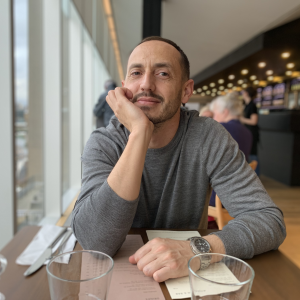Recipient of the 'Impact: Cross-border Investigative Reporting' award from Voices - European Festival of Journalism and Media Literacy
“If you can't take care of yourself, how will you be able to care for someone else?”
Rosario Ruiz, 53, would always hear this sentence while growing up. Diagnosed with a 67% intellectual disability, her parents could not fathom her being independent – let alone a mother. "Your disability can pass on to your child through your genes," they would often repeat to her.
When she turned 20, she fell in love with Antonio, one of her colleagues at the occupational centre in Seville, southern Spain. One day, when talking about their future, both spoke about wanting to have children, so they went to see Rosario's parents to share the news. The idea of being a mother was a shock for her parents, who, advised by their family doctor, decided to sterilise her.
Forced sterilisation of disabled people was legal in Spain until only two years ago. However, the practice remains legal in much of the European Union. Only 9 countries criminalise it despite contravening the Istanbul Convention and the International Convention on the Rights of Persons with Disabilities.
A 2019 HRW report highlighted the issue as governments turned a blind eye. Little progress has been made since then, but this year could be key for the practice’s criminalisation, as the European Parliament will debate making it illegal in July.








